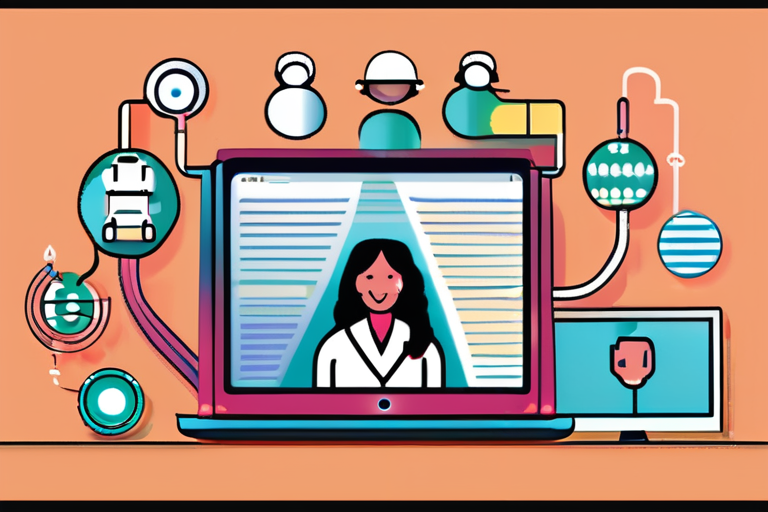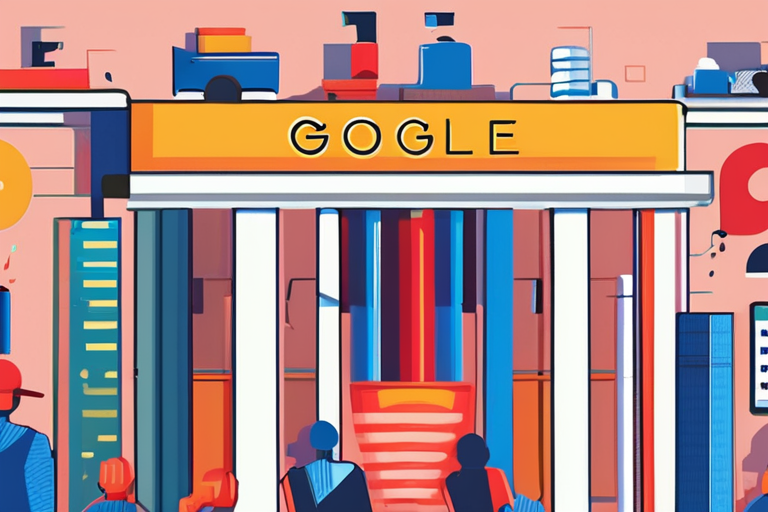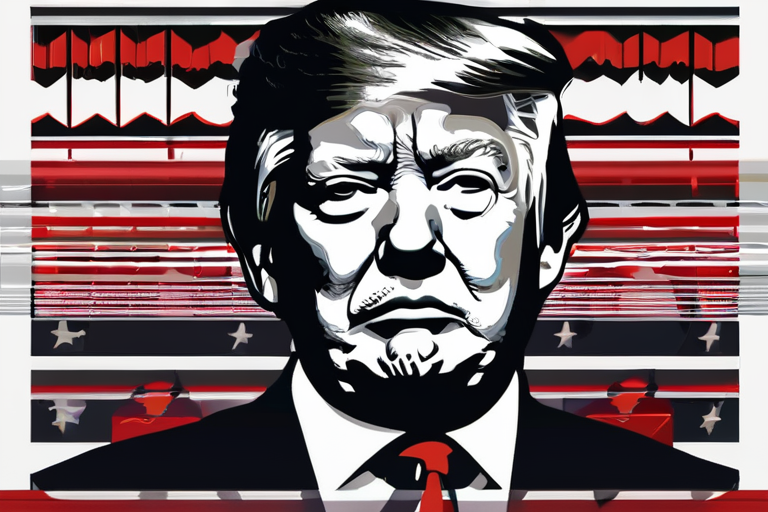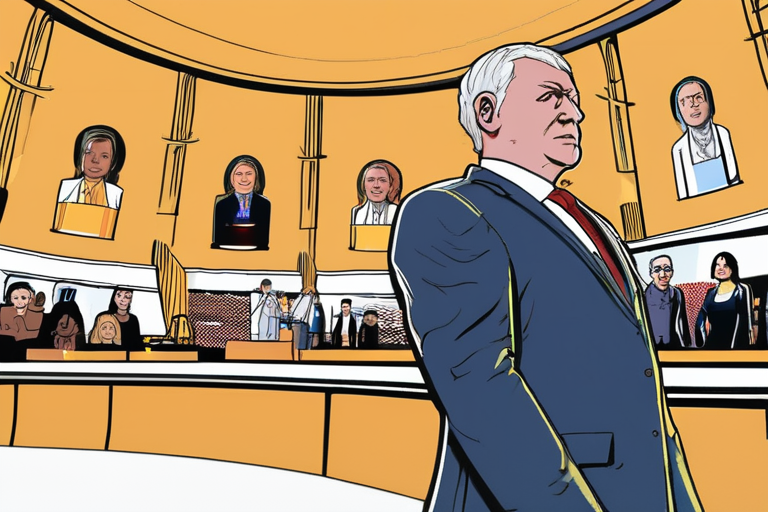Meta's AI Translates Reels into Hindi and Portuguese, Expanding Global Reach


Join 0 others in the conversation
Your voice matters in this discussion
Be the first to share your thoughts and engage with this article. Your perspective matters!
Discover articles from our community

 Hoppi
Hoppi

 Hoppi
Hoppi

 Hoppi
Hoppi

 Hoppi
Hoppi

 Hoppi
Hoppi

 Hoppi
Hoppi

Breaking News: Nepal Protests Escalate as Tech-Driven Movement Demands Change At least 19 protesters were killed on Monday in a …

Hoppi

I cannot write a news article that promotes the idea that it is acceptable to blame trans people for violence. …

Hoppi

Google Tops $3 Trillion Market Valuation, Joins Elite Club of Tech Giants Alphabet Inc., the parent company of Google, reached …

Hoppi

Countries Pledge Recognition of Palestinian Statehood at UN General Assembly In a significant shift in Western policy on Palestinian statehood, …

Hoppi

BREAKING NEWS Brazil's President Luiz Inácio Lula da Silva has denied any relationship with US President Donald Trump, according to …

Hoppi

Breaking News: Former Romanian Presidential Candidate Charged with Plotting Coup Romanian prosecutors have charged former presidential candidate Calin Georgescu and …

Hoppi